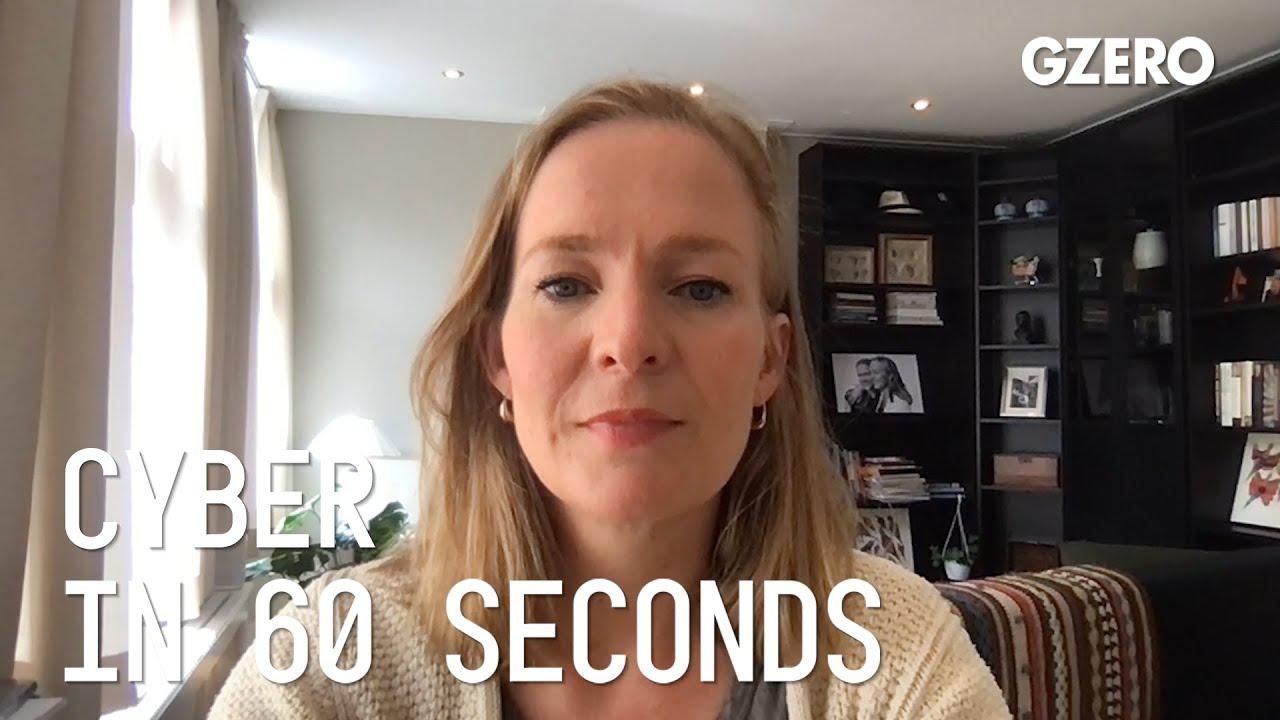Cyber in 60 Seconds
Apple vs Facebook, a clash of the tech titans; social media algorithms scrutiny

Apple vs Facebook: Clash of the Tech Titans | Social Media Algorithms | Cyber In :60 | GZERO Media

Marietje Schaake, International Policy Director at Stanford's Cyber Policy Center, Eurasia Group senior advisor and former MEP, discusses trends in big tech, privacy protection and cyberspace:
How big of a blow is Apple's new privacy feature to companies like Facebook, who depend on tracking users?
The long-awaited update, including enhanced privacy features, actually empowers those users to decide not to be tracked. So that's great news for people who are sick of how the data trail they leave behind on the web is used. But it has to be said, that simple feature settings changed by Apple cannot solve the problem of misuse of data and microtargeting alone. Still, Apple's move was met with predictable outrage and anti-trust accusations from ad giant Facebook. I would anticipate more standard setting by companies in the absence of a federal data protection law in the United States. That's just to mention one vacuum that big tech thrives on.
Why are social media algorithms being scrutinized?
Now frankly, I wish they would be much more systematically scrutinized by academics or overseen by independent regulators. And that would require more access to data and information as a precondition for both evidence-based lawmaking and the public's ability to learn. Grillings of a select group of tech CEOs before Congress cannot be a substitute for laws and the rule of law to actually guide tech governance.
Xi Jinping has spent three years gutting his own military leadership. Five of the seven members of the Central Military Commission – China's supreme military authority – have been purged since 2023, all of whom were handpicked by Xi himself back in 2022.
In this episode of GZERO Europe, Carl Bildt examines how an eventful week in Davos further strained transatlantic relations and reignited tensions over Greenland.
In this episode of "ask ian," Ian Bremmer breaks down the growing rift between the US and Canada, calling it “permanent damage” to one of the world’s closest alliances.
For China, hitting its annual growth target is as much a political victory as an economic one. It is proof that Beijing can weather slowing global demand, a slumping housing sector, and mounting pressure from Washington.